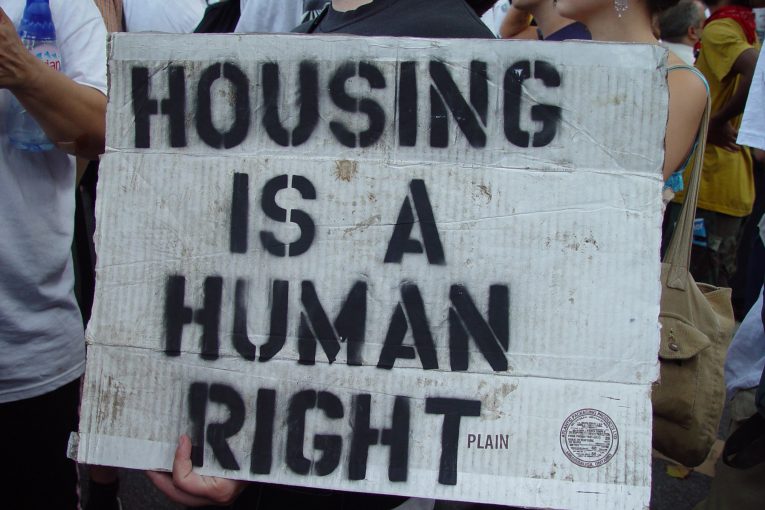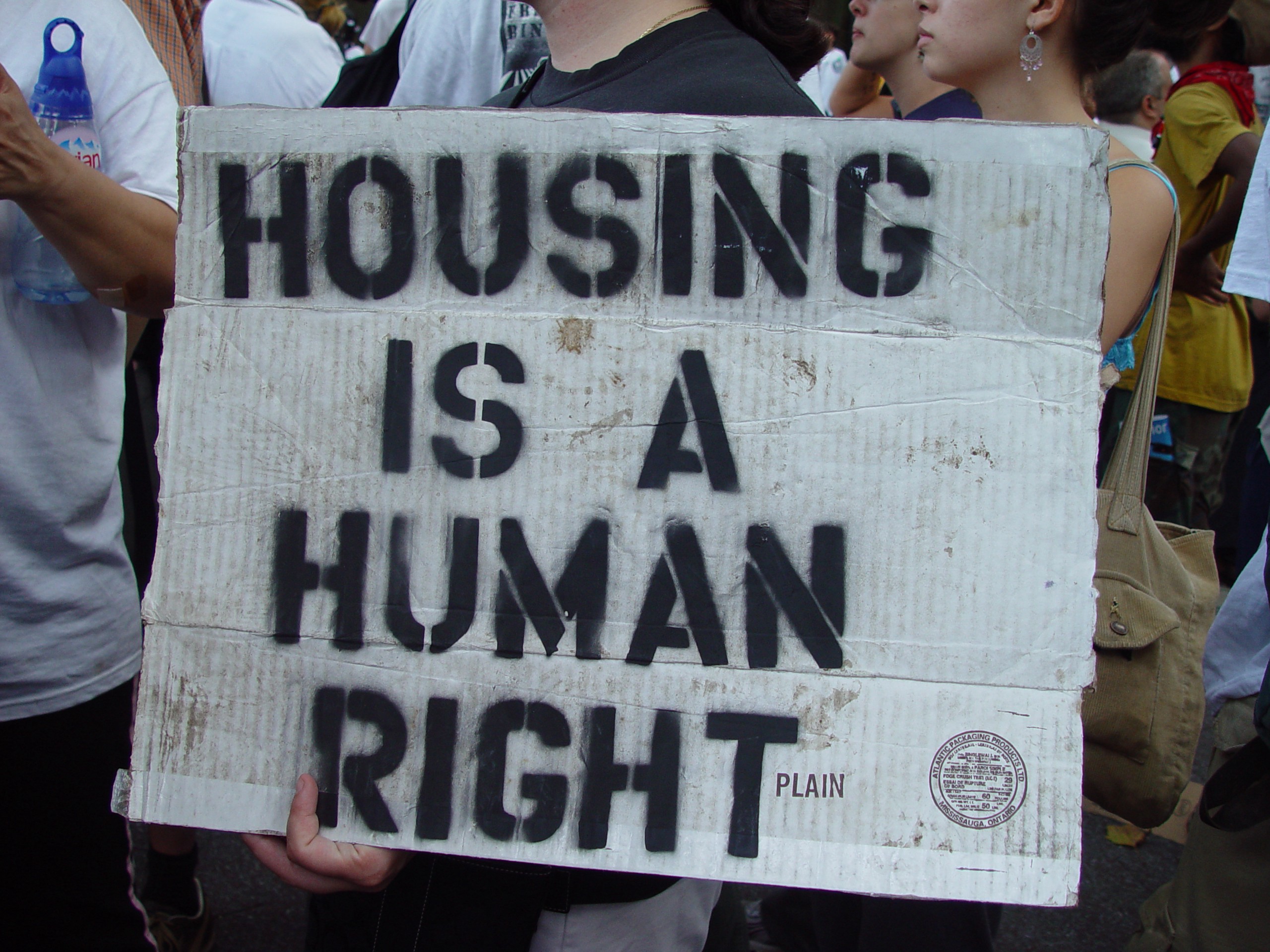

By Jason Taormino
I believe that housing is a human right.
Human rights belong to every person regardless of their wealth or lack thereof.
In Davis we have people sleeping with no shelter and in tents on the side of roads. We have Davis school kids living in cars and a sharing homes with relatives and friends because they can not afford a place to live. We refuse to build enough housing to provide for a basic human right of others.
We live in one of the richest towns in the richest state in the richest country in the history of civilization and we have people living on our streets. I want our community to stand for something the elevates the human existence above catch phrases like peripheral growth, housing density, infill, and inclusionary housing. Our failure to provide for others is a poverty.
Helping others will not reduce our abundance. Helping others will instill us with a sense of pride.
“The most pressing question of our time – what are we doing for others?” MLK
“‘Truly I tell you, whatever you did for one of the least of these brothers and sisters of mine, you did for me.” Jesus Christ
“A nation’s greatness is measured by how it treats its weakest members.” Mahatma Gandhi
Jason Taormino is Davis Resident with Aileron Project






So who pays for the housing of people who refuse to work and contribute towards the costs?
Maybe a solution might be through some altruism, possibly local contractors building and donating housing to all these people?
“So who pays for the housing of people who refuse to work and contribute towards the costs?”
What percentage of the chronic homeless population falls into the category of being healthy and of sound mind and simply refuse to work?
“Maybe a solution might be through some altruism, possibly local contractors building and donating housing to all these people?”
That seems like the status quo. It doesn’t seem to be working.
How is that the status quo?
So no response here David?
I’m curious, I put this forward:
And you replied:
Can you please explain how that is the status quo?
From what I’ve seen most of the chronic homeless are drug addicts. They aren’t going to work, all they care about is their next fix. Sure there are some cases that you cited, but that’s not the rule from what I’ve observed..
Key stat: most studies have found about 75 percent of chronically homeless people (which by the way is less than ten percent of the actual point in time number of homeless) are either suffering from serious mental illness or have long-term substance use disorder – there is also a lot of data out there linking long-term substance use disorder to untreated or self-treated mental illness such as depression. There is also a lot of data out there that permanent supportive housing is the only path that can lead to successful treatment of both.
I just know what I see, not what some liberal think tank study claims it to be.
David, you still haven’t answered my question above:
Can you please explain how that is the status quo?
First, most of the homeless are not refusing to work. They are unable to work for a variety of reasons including either mental illness or due to abuse by a domestic partner that has left them caring for their children.
Second, a frequently cited paper by Hal Varian (1986) (who went on to be Chief Information Officer for Google) showed that individuals in society are not satisfied by the public good provisions of private voluntary charitable giving and that only mandatory taxation can achieve those levels of satisfaction. If you have a problem with this finding, then you also have problems with the economic studies that show the efficiency of marketplace mechanisms.
Third, we have charitable funding of housing here in Davis, including Paul’s Place, Homestead and Pine Tree Gardens. They serve only a tiny share of the housing need.
It’s good to see that you haven’t lost your sense of humor, Keith.
Just happened-across this article, in regard to “housing as a human right”.
Since this problem exists in “anything goes” Nevada, what does that tell you regarding a fundamental breakdown in the system – which has nothing to do with more construction?
https://www.msn.com/en-us/money/realestate/address-rent-now-or-homelessness-later-lawmakers-told/ar-AA19PlL8?ocid=hpmsn&cvid=41ed9f8d67714959820d1b340eacbe68&ei=28